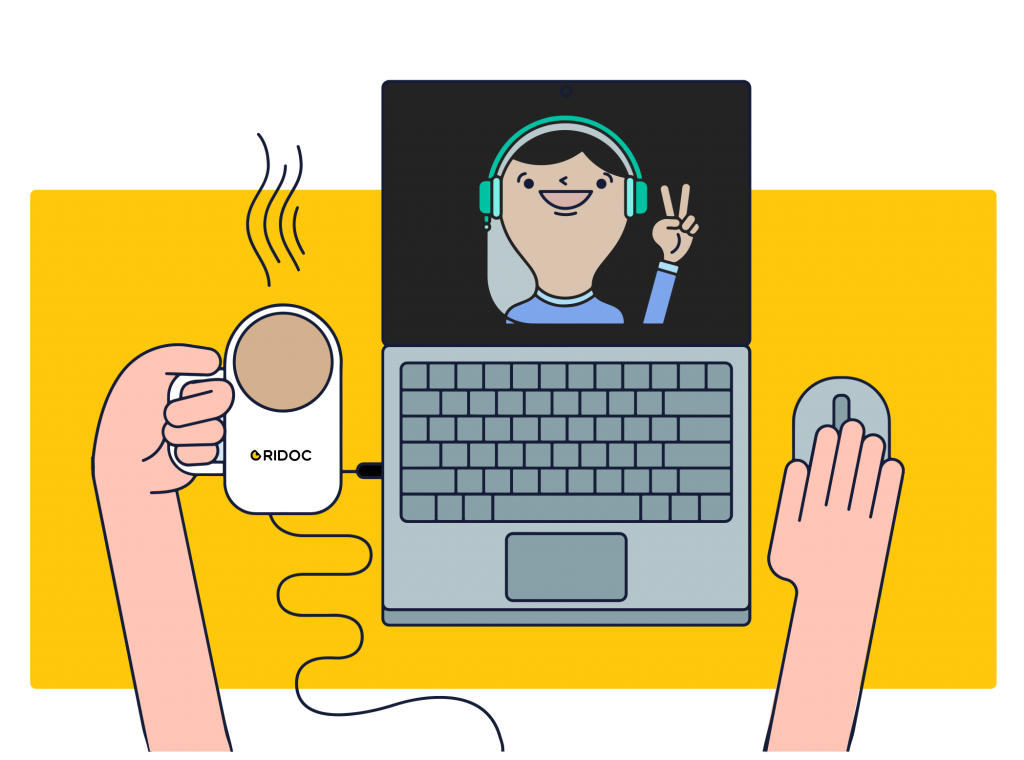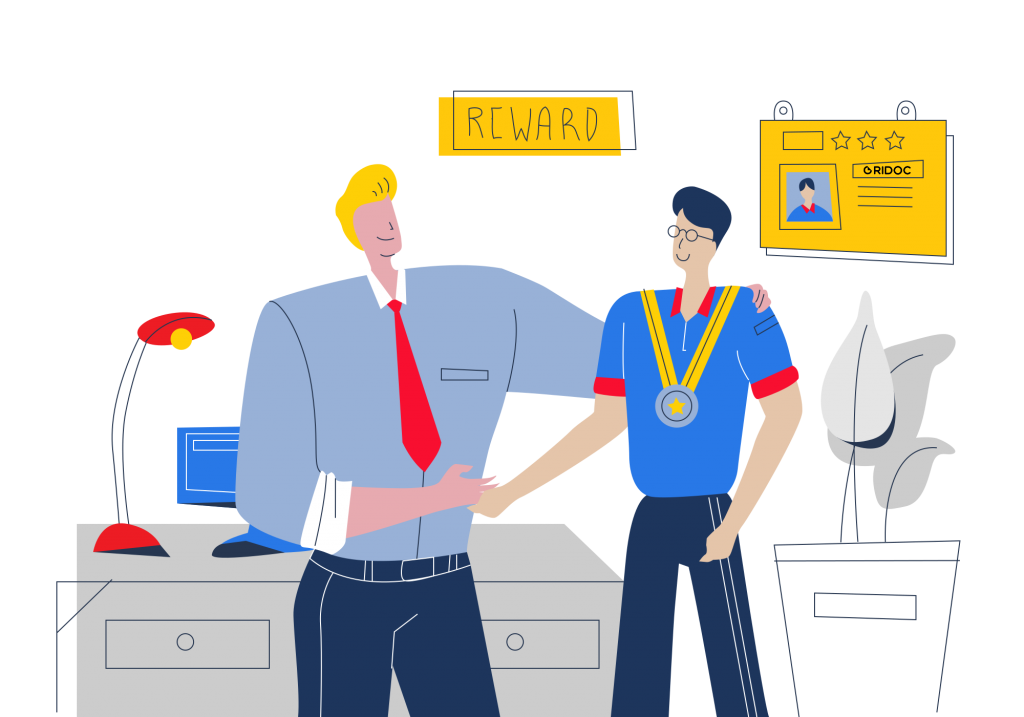Written by Anna-Lena Biswas
In times of crisis, companies and employees can face a disruptive and insecure work situation. Many organizations are forced into survival mode which results in reduced investments. Teams and employees are therefore confronted with cost-cutting, project stops and an unforeseeable future.
It is critical for organizations to manage operations with minimal loss and disruption during this time. This is especially true for organizations that are more directly impacted by a crisis because of layoffs or major operational changes.
While many organizations and supervisors tend to focus on cost reduction, process improvement and efficiency during difficult times, one major factor is often neglected and overseen: the employee.
Supervisors might fail in keeping employees informed about important changes and updates regarding the organization, team or function. Less regular communication, delayed or even skipped performance reviews, target meetings or feedback sessions could be a consequence of increased time pressure and change of focus.
It is a proven fact that insecurity, lack of clear targets and irregular communication have a negative influence on employees engagement and performance. Short term consequences can be unsatisfaction, decrease in motivation, mistakes and drop in quality of work. On the long run, it could even affect employees wellbeing or increased employee turnover.
Just to give an indication on how costly an employee turnover can become, including all direct and indirect costs for recruiting, interim roles, training etc., losing a valued employee can cost the organization on average € 43.000.
So while organizations and managers are looking at process improvements that might lead to cost reduction on the long run, they might better focus on the motivation and engagement of the employees in order to prevent long term damage for the organization and employee.
Here are some simple and easy to apply measurements that will keep employees’ engagement, wellbeing and satisfaction up and running.

Communication
Transparent and clear information flow within the organization, the team and between manager and employee is a very important factor during insecure and disruptive times.
- Make sure that information that is relevant to all employees is easily accessible via Intranet, Email Newsletter, online calls etc.
- Stay connected with your team on a professional as well as personal level
- Continue having regular, meaningful one-on-one conversations with your employees
- Hold weekly, bi-weekly, or monthly retrospective team meetings to keep employees aligned
Recognition & Feedback
Make employees feel seen by giving timely, specific recognition for their hard work. Stick to the annual performance and appraisal cycle to maintain a self-reflection, as it will give employees the opportunity to get clarity on goals and experience a sense of normalcy and security.

- Keep your performance & Appraisal cycle going
- Give the employee the possibility for reflection on job and career and have an open ear to employees worries, fear and insecurity
- Provide transparent feedback on the impact of the crisis on the employee’s performance & targets
- Avoid making unrealistic promises consider what can reasonably be achieved given the context of your organization offer solutions for increased workload by reevaluating targets and priorities if applicable
- Assign new challenges to the employee to keep the employee engaged if applicable
- Be transparent and honest about cuts in bonus and salaries, find alternative incentives such as special recognition or assignments

Career Plan & Development
Crisis and cost-cutting have an impact on employee development, training budgets and career planning. However, there are creative solutions to ensure employees training and development, which is a key factor for motivation and engagement.
- Take the time to evaluate employees career and development opportunities
- Be transparent and realistic in the communication about training budgets and development possibilities
- Disruptive times offer unique opportunities for special projects and assignments that might just be the right incentive for ambitious employees
- Set-up or maintain mentorship programs, where key employees get a feel of recognition and reward by being able to share their knowledge with younger employees who get at the same time opportunity to grow – win-win.
- Offer inexpensive training alternatives such as publicly available e-learnings and e-books ( e.g. LinkedIn learning, open university, Bookboon)
We hope that these tips inspired you to keep your employees engaged and motivated even in difficult and challenging times, especially during the times of Covid-10 pandemic
If you need any further support or advice on this topic, please feel free to contact us via oridoc.com. One of our consultants will get in touch with you at lightning speed.








0 Comments